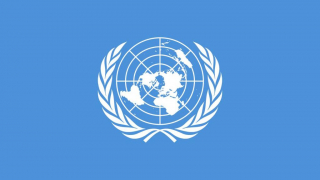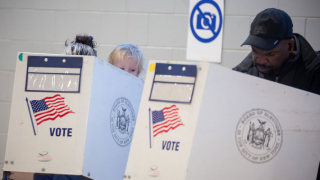See also
19.12.2024
Several people have asked me in recent days, “As a philosopher, how do you explain Donald Trump’s electoral victory in the US presidential election...
27.05.2022
The conflict in Ukraine is still not over. In the West we are bombarded with information in favour of Ukraine and the Ukrainians. We forget that the...
06.02.2014
First of all, the situation in Ukraine is not as simple as it is being described by the Western media and Brussels/Washington politicians. The...
31.05.2021
Recently, serious developments followed by public enthusiastically are happening inTurkish inner politics. In last days, one of the most important...
02.12.2021
“I am so convinced that I am right that if you had the power to kill me twice, and twice I could be reborn, I would live again to do exactly what I...
14.03.2024
Mr President, when delivering your Address [to the Federal Assembly], you were figuratively pulling trillion by trillion out of your sleeve. As a...
10.06.2017
If you want to exclude certain categories from society, in particular these categories of significance, you have to search for a substitute to fill...
19.07.2022
Public dissatisfaction with Boris Johnson’s handling of Christmas parties in Downing Street during the height of Covid lockdowns—and his subsequent...
10.06.2024
Public riots in Pakistan administrative Azad-Kashmir on 11 May 2024 is second political upheaval after 9th May 2023 where masses resisted violently...
19.01.2020
It is the second time within 6 months that the Kashmir issue has been discussed at UNSC on 15 January 2020. The last meeting was held on 16 August...
22.11.2022
After the final vote count in the US, certain (but not conclusive) conclusions can be drawn about the immediate future of US public and political...
18.07.2018
“Islamization is not only carried out by Muslim rulers. Unsuspecting southern rulers are unwittily used to drive some aspects of the Islamization...














